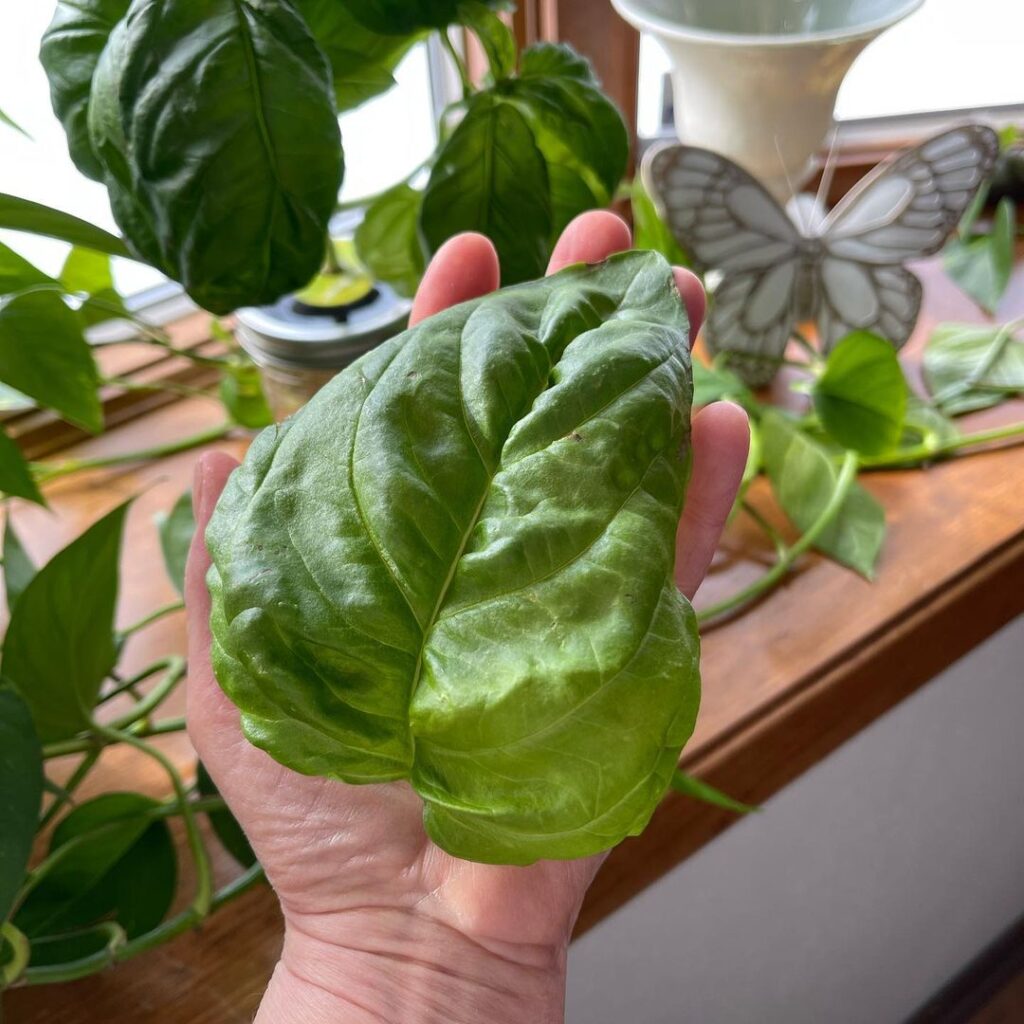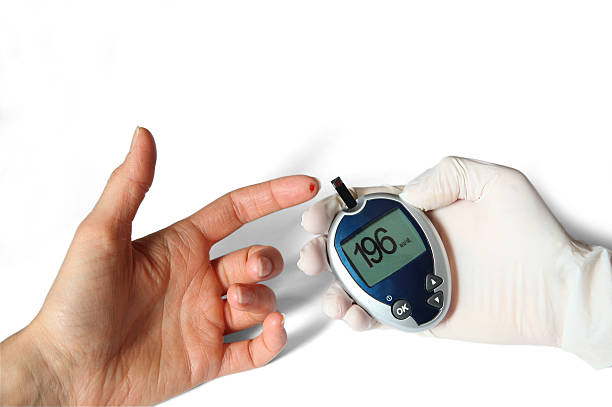Basil leaf, often known as Sweet Basil, is a fragrant plant belonging to the Lamiaceae family. It is indigenous to India but grows throughout Asia and Africa as well. The majority of the plant’s components are edible, and its taste is employed in a variety of cuisines throughout the world. Basil leaf is most often eaten fresh and used as an ingredient in home-cooked and store-bought recipes. Basil leaf can be a great addition to salads and stews. Find out the basil leaf benefits and basil leaf uses.
Table of Contents
What is basil leaf and its health benefits

Basil leaf are the aromatic leaves of tropical and subtropical culinary plants. They are also often referred to as sweet basil, Indian basil, Thai basil, and holy basil. The leaves are an outstanding source of vitamin K, A, C, iron, and magnesium. The leaf’s essential oils include antioxidants that defend against free radicals that cause cell and DNA damage.
Decrease in Oxidative Stress

Basil contains several antioxidants. Sweet basil contains eugenol, whereas lime and lemon basils contain limonene. These antioxidants, along with others such as anthocyanins and beta-carotene, assist to battle free radicals in the body that, if left unchecked, may cause cell damage and raise your risk for a number of diseases, including as cancer, heart disease, arthritis, and diabetes.
Basil leaf helps digestion

Sweet basil includes the chemical eugenol. This chemical compound’s anti-inflammatory effects contribute to a healthy digestive system.
Basil leaf benefits the digestive and neurological systems, supporting efficient digestion and a healthy pH balance in the body. Basil also reduces constipation by acting as a laxative that increases stool volume.
Cancer Treatment
Holy basil, also known as tulsi, differs somewhat from the sweet basil used in your favorite dishes. Nevertheless, its phytochemicals may aid in cancer prevention, including lung, liver, oral, and skin cancer.
Blood Sugar Regulation

Including basil in your diet may assist in lowering blood sugar levels. In research conducted on diabetes, basil extract demonstrated this effect. Basil may also be useful for alleviating the long-term consequences of hyperglycemia.
Cardiovascular Disease Prevention
Basil’s eugenol may inhibit calcium channels, which may reduce blood pressure. The herb’s essential oils may help lower cholesterol and triglycerides. Basil also includes magnesium, which might enhance blood flow by relaxing muscles and blood arteries.
Better Mental Health
Tulsi is a well-known plant used in Ayurvedic therapy. According to research, it has several advantages, including enhancing mental wellness. It contains chemicals that may soothe anxiety and sadness, improve mental clarity, and reduce the risk of age-related memory loss.
Diminished Inflammation
Basil’s essential oils, mainly eugenol, linalool, and citronellol, may aid the body in combating inflammation. These anti-inflammatory characteristics help reduce the risk of inflammatory diseases like arthritis: cardiovascular disease and gastrointestinal disorders.
Basil gives significant skin benefits
Basil has potent, therapeutic essential oils that purify the skin from the inside. Basil’s camphene content enables it to function as a toner, eliminating excess oil, dead cells, and debris that clogs the follicles. It works even on stubborn blackheads and whiteheads. And for those with oily skin, it is a savior.
Immunity Against Infections
Basil is antimicrobial. The herb’s essential oils may assist individuals with respiratory, urinary, gastrointestinal, and skin illnesses in combating germs.
Basil aids with diabetic management
Include basil in your diet if you have diabetes. It inhibits the process of sugar release in the blood and aids in treating diabetes.
FAQs
What is basil leaves used for?
Basil leaves are used for a number of purposes, including flavoring meals and brewing tea. They are available fresh or dried. Additionally, they are utilized for medical reasons and fragrances.
Can you eat basil leaves?
Yes, you can eat basil leaves. They’re a great addition to salads, soups, and stews. Basil leaves are also great for garnishing dishes like pasta or pizza.
What is basil best used for?
Yes, basil leaves may be eaten. They complement salads, soups, and stews well. Basil leaves are also excellent for garnishing spaghetti and pizza.
Are basil and bay leaves the same thing?
Yes, basil and bay leaves are the same. They are both herbs, yet their qualities vary. Basil has a somewhat more bitter taste than bay leaves and is often used in Italian cuisine. Typically, bay leaves are used to season soups and stews.
Conclusion
Basil leaf, also known as sweet basil leaf, is a herb that is a member of the mint family. The fragrant leaves are often used for garnishing and seasoning dishes. Some culinary chefs use the delicate green leaves as a seasoning. It is also said that the plant has medical qualities, such as promoting better sleep.

